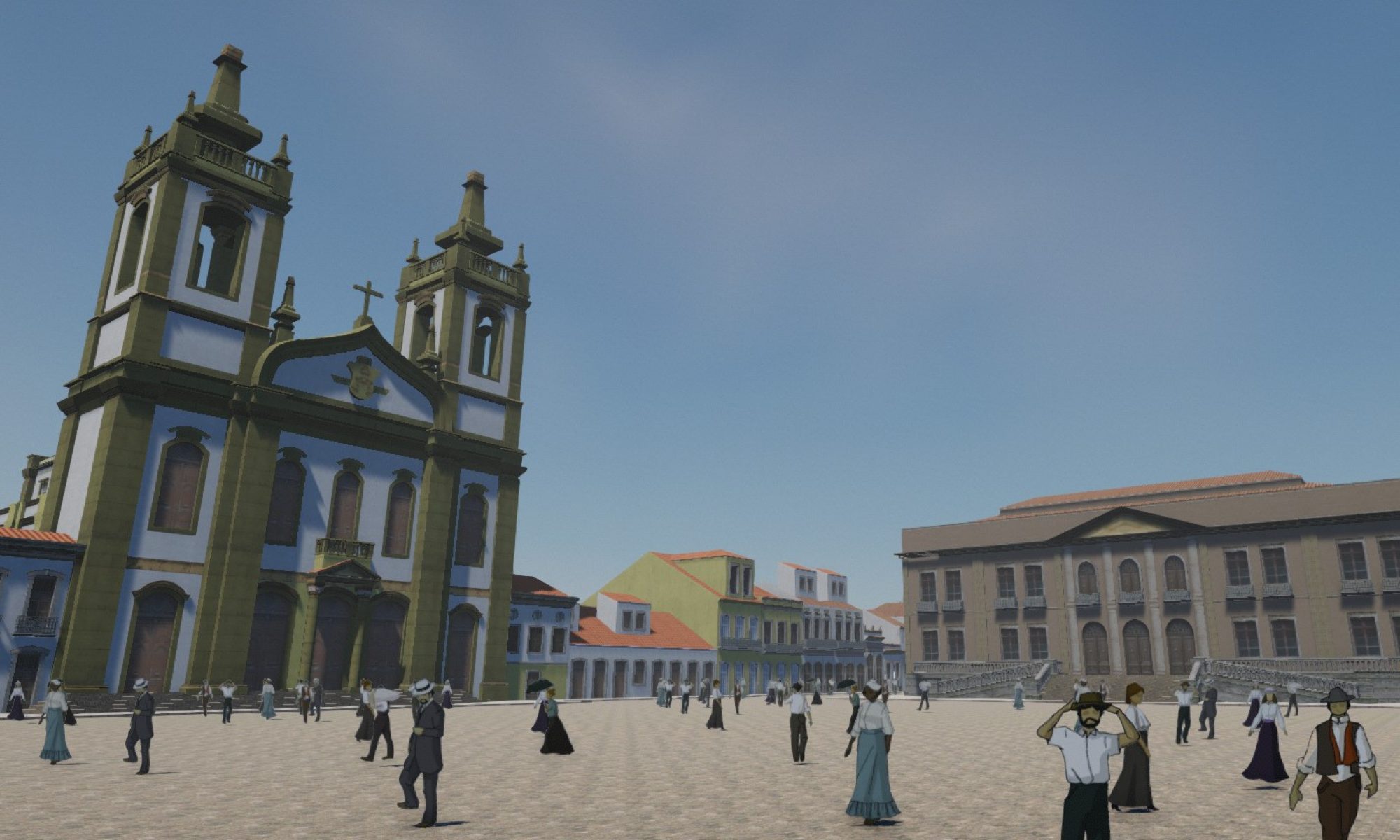Location-based mobile applications have been a rising theme for academics inthe field of urbanism and in urban and transportation, because of the potential oftransformation they might bring to the urban landscape (De Souza e Silva, 2013).One of the possibilities we study here is to observe social encounters fostered bycommuting rides. In this paper, we try to examine the practice from the broadperspective of estimating the environmental benefits, in a context where digitalinformation technology is wielded to address problems old and new (Townsend,2014). This paper aims to analyze the potential of transformations that new ICTsbring to urban mobility, using as case study the official ridesharing system of theFederal University of Rio de Janeiro, the Caronaê project. The system wasdeveloped focusing on the reduction of the number of motorized trips to theUniversity, as well as the amount of CO2 generated by them. Here we analyze thedynamics of ridesharing, using the system data, and also try to observe the role itmay play towards the promotion of integration in the UFRJ community.
Autores
Ano do texto: 2019
Tags: cidades responsivas e sigradi
Citação ABNT
ISSN 2318-6968, DOI 10.5151/proceedings-ecaadesigradi2019_405

